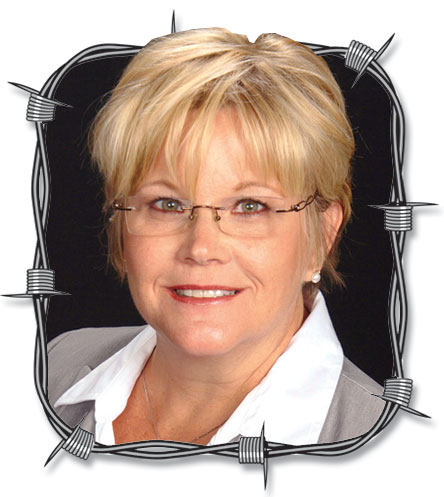Sometimes the Tax Court can yield a surprising decision. Tax Court judges are appointed the same way as all federal judges, by the President, and approved by the Senate. The judges all have significant experience in tax law, but their reputations vary in terms of how sympathetic they are to arguments given on behalf of taxpayers.
In this case, the judge was sympathetic to a taxpayer who conducted a horse activity with no profits, but whose testimony was honest and sincere as to her efforts to make a profit despite the difficulties.
This case, Coldiron v. Commissioner [Docket No. 5180-125] involved Linda Coldiron, who worked part-time as a successful consultant. Losses were about $562,000 over an eight-year period, and income was negligible.
The petitioner started with a young stallion with excellent bloodlines that petitioner thought she could promote at shows, and then breed. Petitioner researched the profit-making potential of various horse breeds, and decided to purchase an Andalusian stallion with an impressive pedigree, for $12,500. The horse was insured for $25,000.
She purchased a property in need of improvements, intending to use it in the horse activity, and constructed a residence, doing much of the work herself to avoid costs.
There was no formal business plan, but petitioner calculated costs and expenses, and anticipated that her property would increase in value. She registered her business name, maintained a separate bank account, and had business cards and letterhead stationery.
She hired a professional trainer, and the stallion won championships. An injury laid up the horse, and meanwhile petitioner developed promotional materials for use in marketing, including a website. The horse was chosen to represent the Andalusian breed in a national advertising campaign. Petitioner entered the horse into more shows, winning several titles.
The court concluded that Ms. Coldiron intended to make a profit, and allowed deduction of the tax losses. The court said: “It appears from the record that the efforts to promote Marciano as a top Andalusian stallion were successful in that his credentials were consistent with other top Andalusian stallions with demonstrated and successful stud careers.”
The court noted that petitioner applied her prior marketing experience in developing the income-producing capabilities of the stallion, she changed her operating methods to improve chances of making a profit, and she maintained complete and accurate books and records, including a summary for each year showing expenses broken down by categories.
This case shows that even if a horse activity focuses on one principal horse, the expenses may be justified from a tax standpoint so long as there is convincing evidence reflecting the taxpayer’s intentions.
Many judges will require more documentary evidence than shown in this case.





